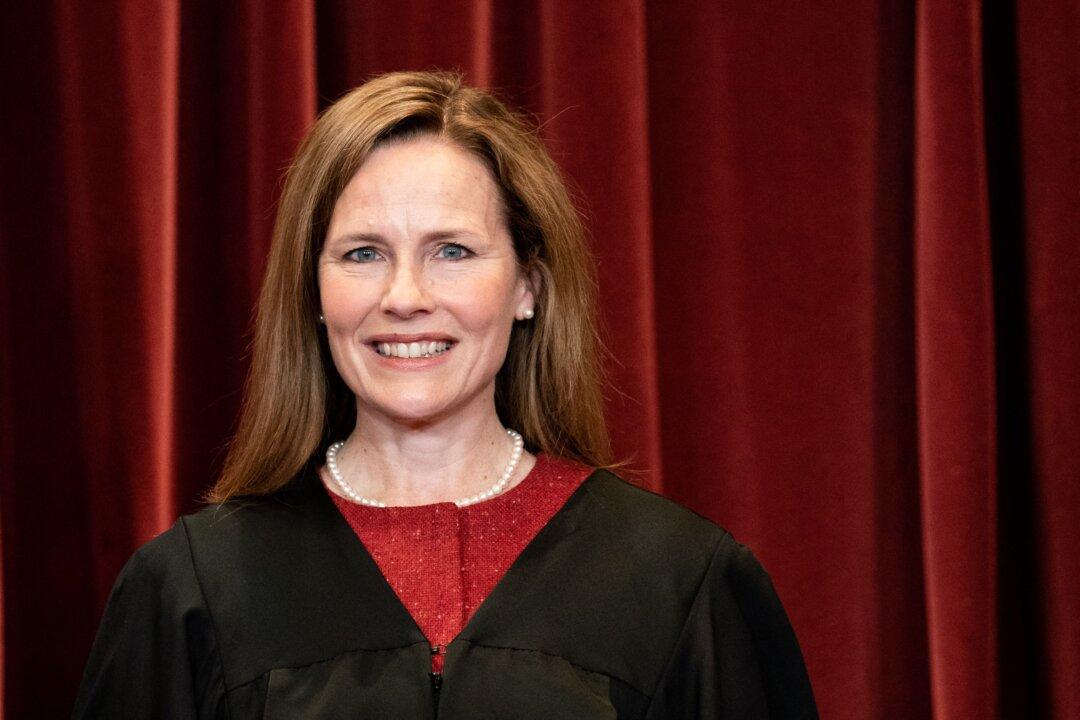The U.S. Supreme Court on Friday denied an emergency court filing to block President Joe Biden’s student loan debt elimination plan, marking the second such time Justice Amy Coney Barrett has rejected a bid to block Biden’s plan.
Barrett did not refer the case to the full Supreme Court, acting alone in refusing to take up the case. She denied the application without any explanation.





